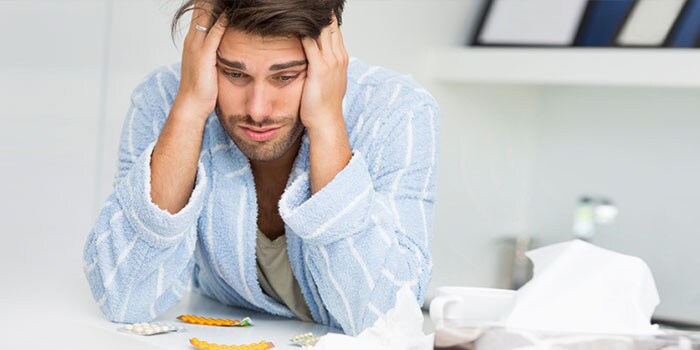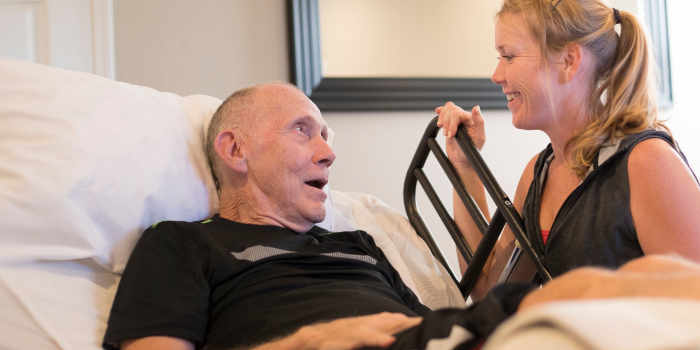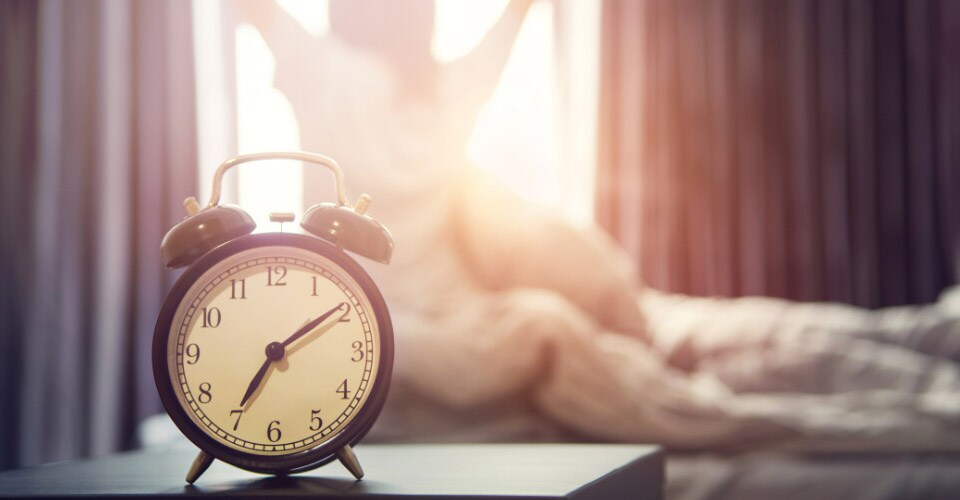CPAP vs. Mouthguard: Which Sleep Apnea Treatment Is Right for You?
You always seem to be drowsy, and your partner complains about your snoring. Could you have sleep apnea? And does that mean you'll need to use a CPAP machine? The only way to know for sure whether you have sleep apnea is to get a professional assessment. Even if you do, CPAP therapy isn't the only treatment around. A number of oral appliances, often called mouthguards, are also available. Here's a look at these options. CPAP Machines Sleep apnea is characterized by repeated pauses in breathing while you sleep. It occurs when your throat muscles relax so much during sleep that tissues collapse and block your airway. CPAP (short for continuous positive airway pressure) is the gold standard treatment for sleep apnea. In this treatment, you wear a mask connected to a CPAP machine, which supplies pressurized air. The increased air pressure inside your throat keeps your airway from collapsing. There's substantial evidence that CPAP works. It helps people sleep better, feel better, and have fewer complications caused by sleep apnea. Guidelines from the American Academy of Sleep Medicine strongly support the use of CPAP for ongoing treatment of sleep apnea in adults. Oral Appliances Oral appliances are mouthpieces that you wear while asleep. They shift and support your jaw to keep your airway from collapsing. There's evidence that they can successfully treat some mild to moderate cases of sleep apnea, according to the American Dental Association. One caveat: It's important to have an oral appliance custom-fitted by a dentist. Poorly fitted mouthguards may lead to jaw problems or movement in the position of your teeth. When Oral Appliances Work Best CPAP machines and oral appliances can both be good options for the right patients. So how do you know which one is better for you? A recent study shed light on that question. The study of more than 90 sleep apnea patients identified two traits of those who were most likely to benefit from oral appliances: On the other hand, those with brain- and lung-based traits contributing to their sleep apnea were less likely to do well with oral appliances. For people with such traits—and those with severe throat tissue collapse—this study suggests that a CPAP machine may be preferable. How to Get the Treatment You Need If you think you might have sleep apnea, discuss your concerns with your doctor. You may be referred to a sleep specialist for a sleep study — the standard diagnostic test for sleep apnea. If you have the condition and are interested in a CPAP machine or oral appliance, let your doctor know. But keep an open mind. There may be factors that make one treatment or the other a better choice for you.


